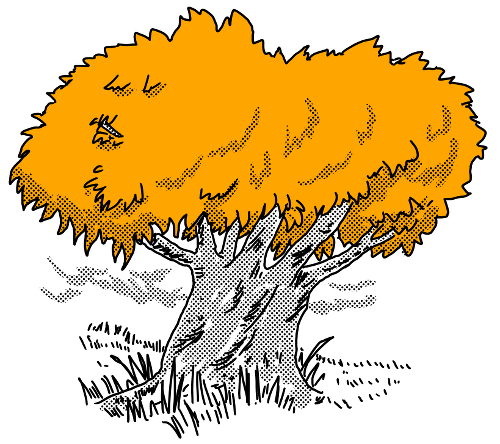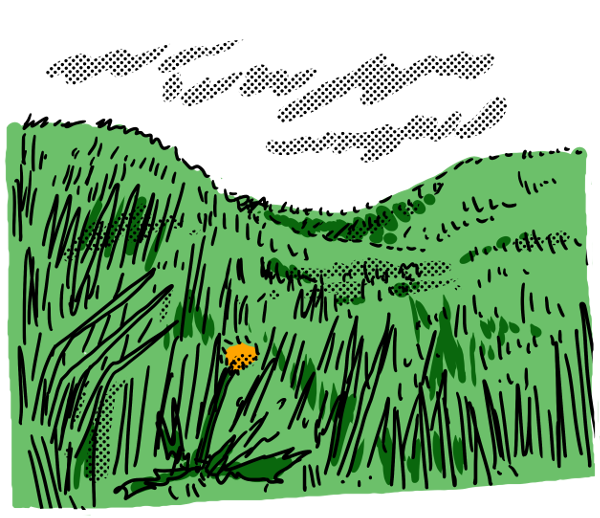Thanks, 201X!
Thought I'd take a Sunday afternoon to reflect on, oh I don't know, a decade.
 Been a long ten years, but it's flown past. This particular decade
happens to coincide with my first years of full-time professional
software engineering.
Been a long ten years, but it's flown past. This particular decade
happens to coincide with my first years of full-time professional
software engineering.
The Quantity
I can't possibly summarize it all, and if I tried, it'd still be colored by what's on my mind right now. But I can point to the artifacts I tried to leave along the way:
- Twitter FWIW1 (2008+)
- ~20 Open-Source Projects (2012+)
- ~15 Hatnote Projects (2013+, follow us)
- ~25 entries on this blog (2015+)
- +7 here (2014-2016)
- Not including pythondoeswhat.com or blog.hatnote.com
- (or other posts on the blogs only real heads know)
- ~10 Talks (2016+)
- Lest I forget: O'Reilly's Enterprise Software with Python (2016)
- And several podcast/media appearances
- calver.org (2016) and 0ver.org (2018) (Versioning is a fun pastime)
- Pyninsula (2017+) - YouTube, Meetup, Email Announce
Taking a chronological look at each of the above, I'm relieved to see obvious growth.
If I were to highlight one resource, it would probably be the talks. Despite the stress of preparation and delivery, I'm least concerned with having a massive miscommunication when we're all in the room and I can see the points hitting home. It's impossible to pick a favorite, but Ask the Ecosystem (2019), the Restructuring Data lightning talk (2018), and The Packaging Gradient (2017) seem like audience faves from where I'm sitting.
The Quality
Each project, post, and talk had its own reward, but I guess I've got more than just those to show for the decade.
On the more profit-driven side, I built tools and teams at PayPal, but once I could manage the risk, I got to dip into startups for the last few years. Lucky for me, it wasn't a total bust, and the wife and I bought a place in my favorite neighborhood (in the USA). Not a millionaire, but I'm hoping and working for a world where no one has to be.
More recently, the Python Software Foundation made me a Fellow. This isn't something I can be nonchalant about, and I'm not going to understate how much this means, to me, working in a field like software, where concrete symbols of progress are alternatingly elusive and vanishing. Plus it's Python, and reciprocated love is nice. I have hundreds of people to thank for helping me reach this point, and I have to thank the PSF for dedicating the time to ramping up these awards. They've convinced me more than ever that we need more institutions to build this sort of advancement.
To all of you, thank you.
The Struggle
I like to think I managed to do all of the above while staying away from industry hype, on the principle that massive speculative capital influx isn't where real value is added to society, and doesn't generate the kind of innovation that excites me.
I may have been naïve, but I came to Silicon Valley with an idea about the transformative power of software. Changing times may illustrate a grittier interpretation than the one I had and have, but I continue to hold dear software's potential for positive impact. If you've felt that vision waver, let me tell you, you're not alone.
In the past decade, I've seen too many engineers sucked in by new technologies and ventures, only to find themselves alienated from their work. Episodes ranging from an afternoon lost to debugging Docker/k8s clusters, to years of work disappearing at the end of a VC runway. Nothing has been harder to watch than those bedraggled-but-persistent idealists regroup, each time a bit more cynical than the last.
Even if its seeming intractibility has taken it from the center stage, the burnout conversation continues to smolder, because there's no issue realer. I know; I released more ceramics than software back in 2014.
Some problems can be solved by paying the maintainers, but I think the vastly bigger issue is around losing the human connection between the real effort software takes and the real benefits it brings, combined with FOSS's dearth of collaborators in supporting roles (QA, product/project/release management).
That's why I'm incredibly thankful for the Wikimedia community for always being there, patient with schedules and issues, as long as the software got the job done. It can be a challenge to juggle projects, but I tell every budding engineer: find that direct connection to people who will appreciate your work, and avoid cynicism at all costs.

There are some interesting prospects in the works, but I'm keeping this post retro. Besides, if 2029 rolls around and all I did was break even with 2009-19, I don't see how I can be disappointed.
Thanks again for everything in 201X, and for sticking with me in 202X.
-
Despite using Twitter for over a decade, the process of tweeting feels so perfunctory, and the service itself so tenuous, that I still can't bring myself to invest the time. I mostly use it to crosspost my blog posts or help friends promote their posts/projects.
But until I start an email newsletter, or really get on top of yak.party, it's still the best I got for announcing where I'm speaking next. ↩